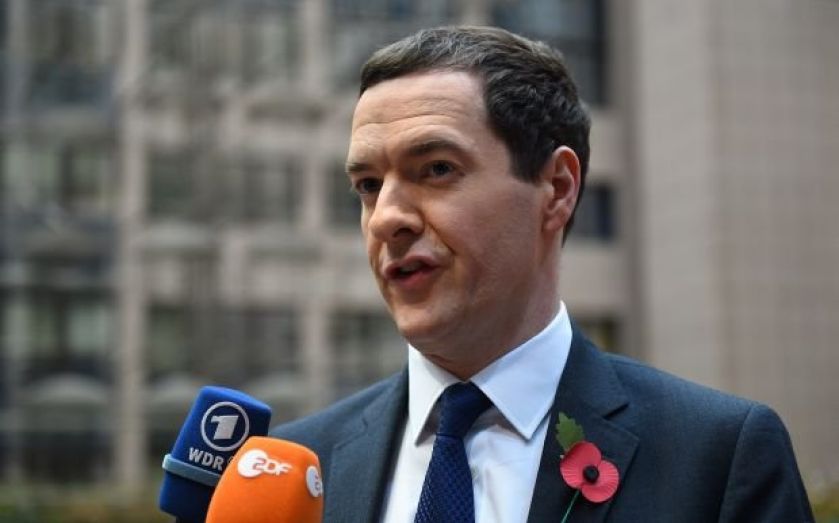As public borrowing remains high, is Osborne’s failure to tackle the deficit a cause for concern?

David Kern is chief economist at the British Chambers of Commerce, says Yes.
October’s public finance figures have provided further evidence that the government’s plan to reduce Britain’s deficit in the current financial year is unlikely to be realised. It’s a major concern that the deficit has remained unsustainably large since the crisis, and progress to address the issue has been too slow.
Our large deficit damages the economy in a number of ways – it adds to total debt and, in turn, increases the money required to service the interest on borrowings. These precious funds could have been allocated to funding public services or supporting business growth aspirations.
The large deficit also erodes the UK’s international credibility, potentially causing a reduction in our credit rating and further adding to interest payments on this debt. Regardless of the result of the General Election, it is imperative that the UK perseveres with a national strategy to reduce the deficit without increasing the tax burden – allowing British businesses to drive a sustainable recovery.
Adam Memon is head of economic research at the Centre for Policy Studies, says No.
The phrase “don’t panic” doesn’t usually elicit much confidence. But while deficit reduction is happening more slowly than everyone would want, there really is no cause for panic yet.
Public sector net borrowing in October fell £200m to £7.7bn compared to a year before and, although there has been an increase in the current budget deficit of £500m in the year to date, this has coincided with a £3.2bn increase in net public investment. Income tax revenues are down 0.4 per cent compared to the same period last year, but there should be a boost in revenue in January from self-employed workers.
Furthermore, weak income tax revenues are a price worth paying, at least in the short run, because it is partly the result of strong employment growth among younger workers. There is clearly a lot still to do, but we should wait until the Office for Budget Responsibility’s updated forecasts at the Autumn Statement to analyse the outlook for spending.